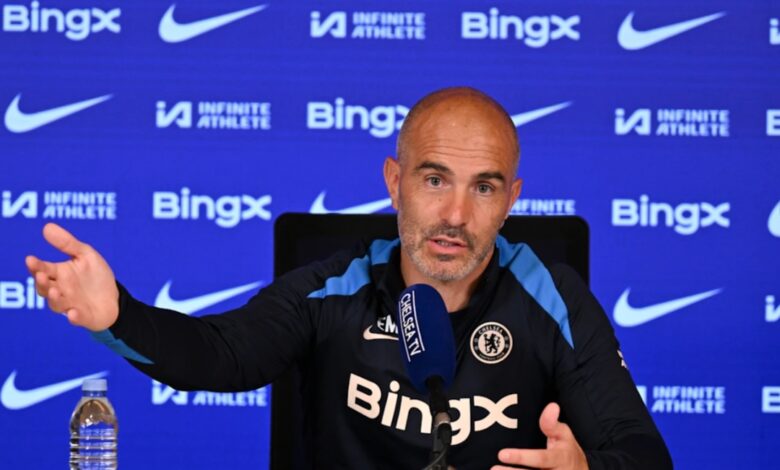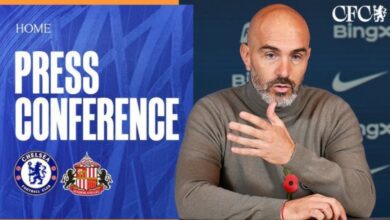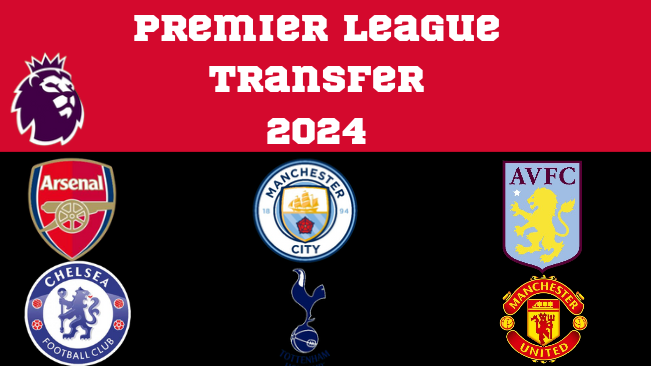I think they should let him leave by January, his performance is very poor, he’s lacking so many things which is affecting the TEAM I think he need to change environment to recover his style of play, this is not how he was before and…

I think they should let him leave by January, his performance is very poor, he’s lacking so many things which is affecting the TEAM I think he need to change environment to recover his style of play, this is not how he was before and…
The final whistle at Molineux did not just signal a defeat; it sounded the starting pistol for a fundamental reassessment of the squad at Stamford Bridge. Chelsea’s comprehensive and, at times, tactically naive performance in their 3 – 4 win against Wolverhampton Wanderers has forced manager Enzo Maresca into a corner. While the scoreline suggests a close contest, those who witnessed the 90 minutes saw a different story—one of disjointed pressing, a fragile striker, and a lack of on-pitch leadership. For Maresca, a coach whose philosophy is built on meticulous control and intelligent possession, the performance was an anathema. And it has convinced him that a previously unthinkable January sale is now a necessity for the project’s survival.
From the opening minutes, Chelsea’s game plan unravelled. Maresca’s system, which demands a high defensive line and intense, coordinated pressing from the front, was picked apart with alarming ease. Wolves, tactically astute and ferociously energetic, exploited the cavernous gaps between Chelsea’s midfield and defence. The Blues’ build-up play was laboured, their passing lacked conviction, and too many players seemed to hide when the pressure mounted. This was not a mere off-day; it was a systemic failure that highlighted a lack of competence and understanding from certain individuals entrusted with executing the manager’s vision.
The match’s pivotal moment, which transformed a poor performance into an indefensible one, arrived in the 46th minute. With Chelsea already 0-3 up.The incident itself was born from a moment of petulance and a shocking lack of discipline. First yellow card Awarded for pulling back Yerson Mosquera after few minutes Second yellow card Given for a late shoulder barge on Agbadou after the ball had already gone. reducing Chelsea to ten men.
This act of ill-discipline was more than just a dismissal; it was a betrayal of the team’s cause and a direct contradiction of Maresca’s core principles. The Italian manager demands emotional control and intelligence above all else. A player who cannot master his own temper in a crucial away fixture becomes a liability, not just for that match, but for the entire philosophy the coach is trying to implement. This red card was the final, damning piece of evidence in a case that has been building for weeks.
Maresca is not a reactionary manager. He believes in processes and long-term development. He has, until now, defended his squad publicly, preached patience, and focused on the training ground. However, the performance against Wolves crossed a line. It demonstrated that for all the talent on paper, there are players who either cannot or will not adapt to the demands of his system. The January transfer window, once viewed as an opportunity for minor tweaks, is now a critical juncture. To persist with individuals who undermine the collective is to accept mediocrity, and Maresca was hired to eradicate it.
The decision to move a player on is never taken lightly, especially one who arrived with such fanfare. It represents an admission that a significant investment has not yielded the desired return. Yet, for the project to move forward, difficult choices must be made. The funds from a sale can be reinvested in a player who better fits the tactical profile Maresca requires—one with the technical ability, tactical discipline, and mental fortitude to thrive in a possession-dominant system. This is not merely about upgrading quality; it is about ensuring a unified and competent squad that shares the manager’s footballing identity.



